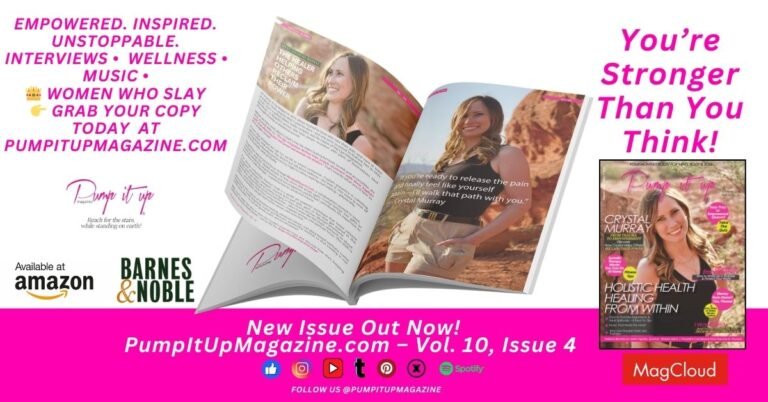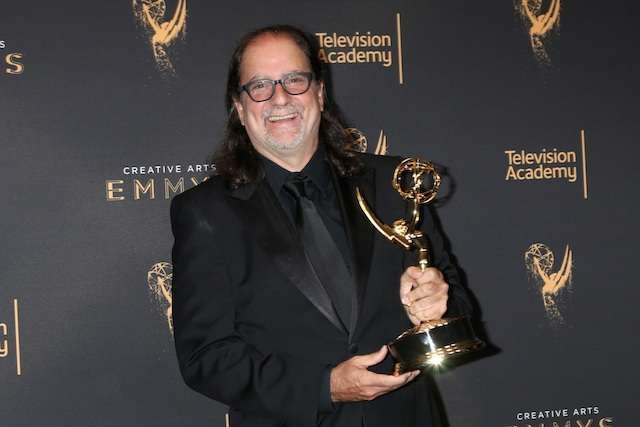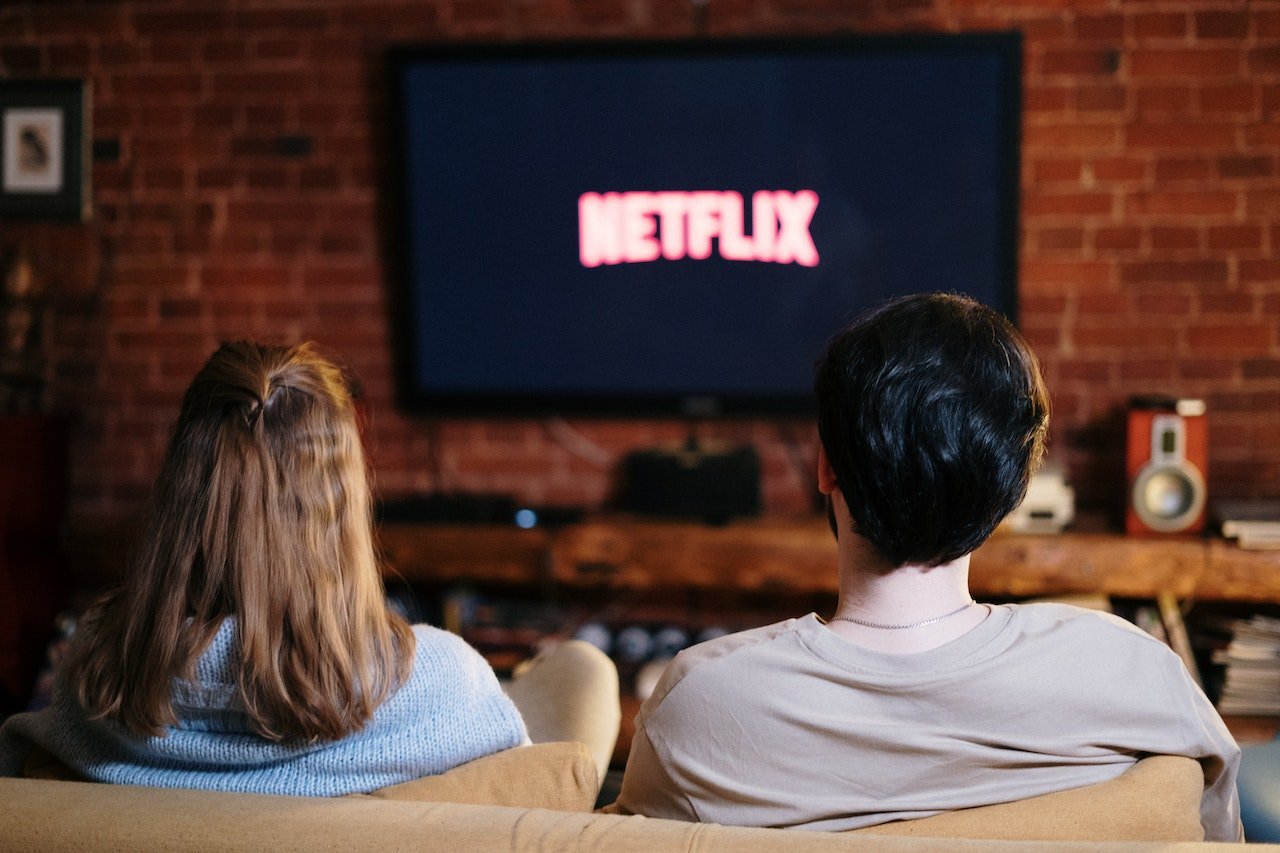Newly minted Emmy winner Glenn Weiss (winner at last weekend’s Creative Arts Emmys for best director of a variety series for this year’s Academy Awards) gets behind the camera once again this Sunday for the 69th annual Emmy Awards. He’s also on board for the first time with longtime producing partner Ricky Kirshner to produce the anticipated ceremony. He recently spoke with Backstage about the best way to give an acceptance speech, how actors should approach a hosting gig, and what his twelfth Emmy win really means to him—especially after that notorious best picture flub.
The Weiss-produced Emmys will be different from his Tonys.
“The really important thing to me on all the projects I take as a director or as a producer is not to just cookie-cutter them, not to just make the same show and apply it to a new client, but rather look at the show you’re doing and try to bring fresh eyes to the project for what it is. I don’t really want to come in here and try to make the Emmys the Tonys on TV because it’s a different world and you’re appealing to a different audience. And quite frankly, the Tonys, which I love doing, is very much performance-based, and the Emmys are very much award-based. We’re doing 27 awards on the Emmys, which as far as I know is the most of any awards show on television. That consumes a lot of time and a lot of the show, so you’re kind of putting your passions and your creativity towards [that].”
When it comes to acceptance speeches, be yourself.
“The biggest advice that I could give somebody up there for the first time and having sat in the director’s seat from everything to the Oscars to the Emmys to the Tonys to all sorts of awards shows, what really resonates and lands with viewers at home is being yourself and speaking passionately from the heart. When pieces of paper start coming out and you’re reading names of agents (no offense to agents, I have one, I love mine), but when you are being yourself and speaking about the project, speaking about your co-actors, speaking about your director, speaking about anything about this project that makes me see you as you, not the character that you play. That’s always a really great way to go. And at the end of the day, we try to keep everyone to time, [but] nobody is going to be played off when they’re talking emotionally about something really, really important. So it really is about being yourself and speaking passionately because at the end of the day, that’s what everybody hopes to hear from you.”
Expect a lot of Stephen Colbert on Sunday.
“There’s gonna be plenty of Stephen representation throughout the show, not just an open. I think his brand of comedy, obviously, is doing very well right now in the ratings. He’s being well-received and we want to make sure that we get a taste of that throughout the show. We don’t want to overdo anything, so will there be an opening number? Yes. Will it be a mega-number? No. It’ll be nice, it’ll be fun, it’ll be Stephen. And then we’ll get into the show. But yes, Stephen will be interspersed in some comedy moments throughout the evening.”
Weiss has one big tip for new actors-turned-hosts.
“When someone comes in who does a nightly show versus somebody who is a really good actor and is very well known, but doesn’t stand in front of a live audience nightly, there’s just a whole different way of going about it. [Colbert’s] nightly experience is a great deal of help for us…. I think the biggest advice I can give somebody who is used to being an actor but not necessarily in this form is first of all, don’t look at this as a two-hour show or a three-hour show, look at it segment by segment and take each scene, each introduction, each appearance for itself. Get your head in the headspace of just getting through that, but don’t walk out there at the top of the night thinking, ‘Oh my god, I’m here for three hours.’ A very segmented approach [also] helps folks who shoot TV shows and movies because you do that by the scene. Keep your psychology in the scene-by-scene feeling. I think the biggest enemy in a show like this is yourself—you could easily psych yourself [out].”
His Emmy win for the Oscars is ‘a little more sentimental.’
“I am a producer, but I’m a director first, so any director win for me is always something that’s a little more sentimental. When we did the Oscars this year, I spent a lot of time making what I felt was a beautiful show and preparing things to be just a certain way, and then the end of the show happened and all anybody wanted to talk about was what happened at the end of the show, and it wasn’t anything we planned, but it happened. And my job at that point was to take something that I couldn’t control, and then what I could control was the last two minutes of the show and the story that was told. Just to give an example of that, in live television, you’re trained that if there’s a mishap to cut away from it for a minute, you know, make sure you know what’s going on, don’t dive into it, don’t give too much information. When that moment happened, when I heard in my headset that they announced the wrong winner, my immediate mode was 180 degrees the other way. My instinct said, ‘This is bad, but what’s worse is if the story the next day is [that the] Oscars announced the wrong winner and then tried to cover it up.’ So I found it in my job as explicitly as possible because we didn’t cause this. It happened, I couldn’t control it, but what I could control was telling the story as clearly as possible. The biggest shot that was commented on was that close-up of the card that said ‘Moonlight.’ And, you know, my obsession at that moment was [to] try to get that shot. [This] win for the Oscars after something went so wrong at the end [means] a lot.”













